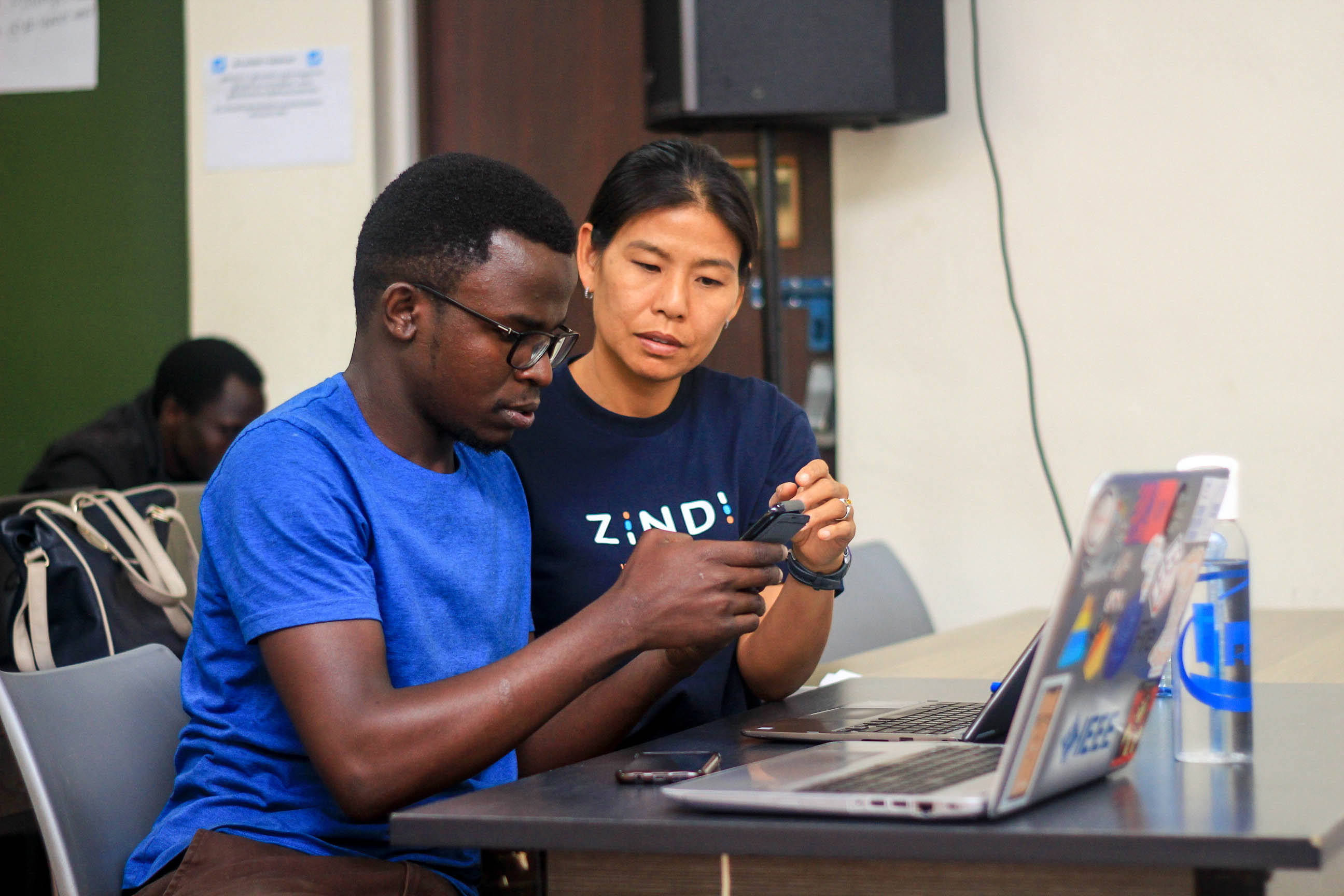
Zindi builds a community of data scientists and uses artificial intelligence to solve real-world problems in South Africa.
Zindi specialises in using artificial intelligence to help companies and individuals solve real-world problems. Over the last three years that the crowd-solving startup has existed, it has achieved this.
Earlier this year, data scientists under Zindi used machine learning to better monitor air quality in Kampala. At the same time, another group worked with Zimnat, a Zimbabwean insurance business, to predict customer behaviour — notably who was likely to leave and what to do to entice them to stay. With custom-made services, Zimnat retained customers who otherwise would have left.
Zindi has developed solutions for companies, NGOs, and government institutions to combat data-centred challenges.
The data science community at Zindi is invited to participate in solutions-finding competitions in response to these challenges. Each participant submits a solution, and the winner receives a cash prize. For example, in the case of AirQo, which sought solutions for forecasting air pollution across Uganda, or in helping Zimnat cut its losses, the competition hosts can make good use of the best results.
“AirQo now offers a dashboard that shows air quality updates and forecasts for the public. In addition to AirQo hiring two winners, Zindi cofounder and CEO Celina Lee has also been assigned to help with the project’s implementation. Besides Megan Yates and Ekow Duker, other cofounders of the platform are South African Megan Yates and Ghanaian Ekow Duker.
The AirQo project received funding from Google for its air quality model. It will be replicating it in other African countries, said Lee about the competition organised by the University of Birmingham’s Digital Air Quality East Africa Makerere University’s AirQo project.
Data scientists in Africa are listed in Zindi, a database of data scientists. The startup recently secured seed funding of $1 million.

Microsoft, IBM, and Liquid Telecom are other notable companies that have used Zindi and UNICEF and the South African government.
Since crowd-solving startup Zindi has increased since its launch, Lee is impressed with what Zindi has accomplished so far and excited about the community’s future. By offering alternatives to traditional consulting firms that operate throughout Africa, the platform increases competition against them.
As of the beginning of last year, Zindi’s users hail from 45 countries across the continent, a treble from the year before. The company has also paid $300,000 in prizes to data scientists.
In March, this number will grow further when the university hosts the third inter-university Umoja Hack Africa competition. Students will compete for a variety of different solutions.
Zindi uses AI to solve real-world problems in the inter-university competition and expose students to practical data science experiences. In last year’s event, which took place virtually due to the pandemic, the platform attracted about 2,000 students.
Lee, who is originally from San Francisco, said students get to build their first machine learning models, and from there, it opens up all sorts of opportunities for their futures and careers.

In addition to a jobs portal, Zindi has a talent placement portal through which organisations can post job openings and tap into its talent pool.
After recognising a knowledge gap and need for training, the crowd-solving platform will also provide training materials for budding data scientists. Furthermore, Lee stated that Zindi’s users are generally university students seeking learning experience and enhancing their abilities to solve world problems.
One million dollars in seed funding will allow the platform to implement its new plans.
“For us, scalability is about creating value for the whole community,” Lee added.
Consequently, we intend to use the funding to introduce more learning content since data science is a new field, especially in Africa. Most of our data scientists are still in college or the early stages of their career, and they’re just interested in learning and growing.”
Founders Factory Africa, Launch Africa, and five35 participated in the seed round led by San Francisco-based VC firm Shakti.
Lee, who said they want their users to grow to 1 million shortly, explains that all these plans aim to build a robust data science community in Africa and for the continent. To accomplish this, she said, early-career data scientists would be given access to training opportunities and formed into a group that encourages collaboration and mentoring.
Eventually, Lee said, “we want to reach a million data scientists throughout Africa – we want young people interested in these careers to have access to the tools, connection, and experience that they need to succeed in them.”
Creating AI that is accessible to everyone is their goal.




